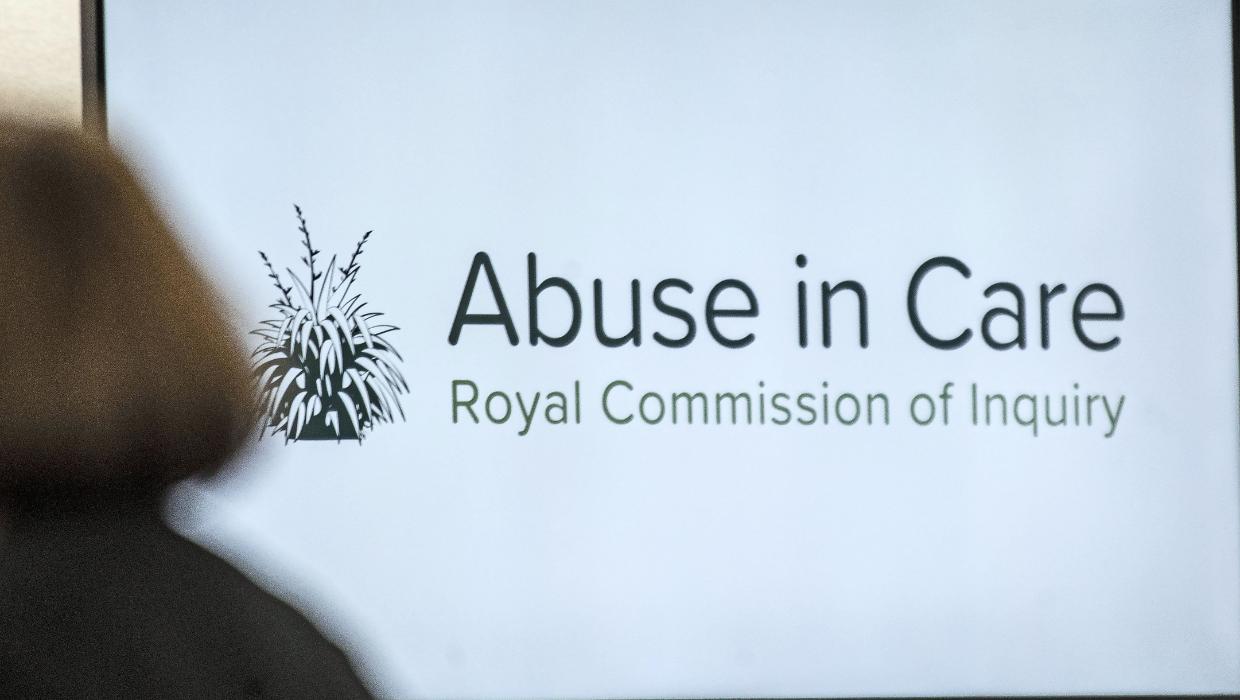April 23, 2024
The Royal Commission of Inquiry into abuse in care was acting within its powers to investigate complaints involving Jehovah’s Witnesses, a court has decided.
LAWRENCE SMITH / STUFF
Jehovah’s Witnesses have lost an appeal to have abuse claims involving elders ruled “out of scope” of the Royal Commission of Inquiry into abuse in care.
Jehovah’s Witnesses said it did not come within the terms for the inquiry’s work but it lost a broad-based argument in the High Court in October.
On Wednesday the Court of Appeal dismissed the Jehovah’s Witnesses appeal against that decision.
The inquiry is due to report at the end of June into abuse in state care and in the care of faith-based institutions.
Jehovah’s Witnesses objected to its inclusion, saying it never had responsibility for the care of children, young people, or vulnerable adults.
It didn’t have any live-in facilities or any other system to care for those people, it said.
But the inquiry said it had evidence that elders took children into their care, unsupervised, for “witnessing”, pastoral support and care, working bees and similar activities.
The Court of Appeal did not agree with some of the reasoning of the High Court decision. However, the three judges did not accept the Jehovah’s Witnesses’ argument that the Commission exceeded its terms of reference.
Whether Jehovah’s Witnesses has assumed responsibility for care in any particular situation would depend on the facts and circumstances, the Court of Appeal said.
“Even the mere presence of a child in the company of an adult may involve some implication of responsibility for that child, and if the adult has a responsible role within a faith-based institution it may be able to be said that the institution had assumed responsibility for the child, particularly if there is some regularity associated with the care involved,” the court said.
Jehovah’s Witnesses circumstances might be at the margins of what the inquiry covered but the court disagreed with the proposition that they were excluded from it.
It wasn’t for the inquiry to decide guilt or fault, but to make recommendations about the topics of its inquiry.
The Court of Appeal didn’t accept that the Jehovah’s Witnesses could be seen as being “targetted”.
“Rather, it is the Jehovah’s Witnesses who have sought to single themselves out as a group who should be excluded from scrutiny by the Inquiry, and they have done so notwithstanding the evidence of abuse committed by members of the church,” the court said.
